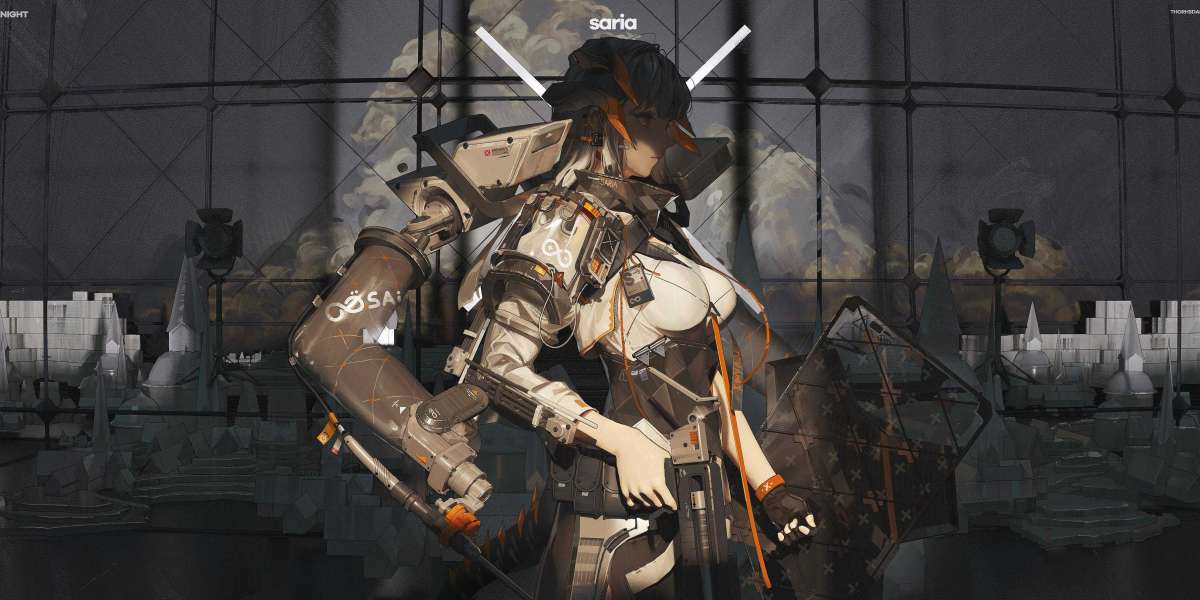When it comes to understanding the anatomy of a rifle scope, it's essential to break down the basics and familiarize yourself with the key parts that make up this crucial piece of shooting equipment. Whether you're a seasoned marksman or a beginner in the world of shooting sports, having a comprehensive understanding of the components of a rifle scope is fundamental to improving your accuracy and precision.
The Objective Lens
One of the most critical parts of a rifle scope is the objective lens. This lens is located at the front of the scope and is responsible for gathering light from the surrounding environment. The size of the objective lens determines the amount of light that can enter the scope, which directly impacts the brightness and clarity of the image you see through the scope. A larger objective lens allows for better light transmission, making it ideal for low-light shooting conditions.
The Reticle
Another essential component of a rifle scope is the reticle, also known as the crosshairs. The reticle is the pattern of fine lines or markings in the scope's field of view, which helps the shooter aim at the target accurately. There are various types of reticles available, including duplex, mil-dot, and BDC (bullet drop compensator) reticles, each designed to assist shooters in different shooting scenarios. Understanding the type of reticle that best suits your shooting needs is crucial for achieving precision and accuracy.
The Turrets
Located on top and on the side of the scope, the turrets are used for making adjustments to the scope's windage (horizontal) and elevation (vertical) settings. These adjustments allow shooters to compensate for bullet drop, wind drift, and other external factors that can affect the trajectory of the bullet. Turrets are equipped with minute adjustments, typically measured in MOA (minutes of angle) or MRAD (milliradians), enabling shooters to make precise changes to their point of impact.
The Eyepiece
The eyepiece, also known as the ocular lens, is the part of the scope that the shooter looks through to see the target. It is responsible for focusing the image and adjusting the reticle's sharpness to match the shooter's eyesight. Some rifle scopes come with a diopter adjustment on the eyepiece, allowing shooters to fine-tune the focus to their individual eyesight, ensuring a clear and crisp image of the target.
Understanding the anatomy of a rifle scope is crucial for any shooter looking to enhance their shooting skills and achieve greater accuracy in their shots. By familiarizing yourself with the key parts of a rifle scope, such as the objective lens, reticle, turrets, and eyepiece, you can make informed decisions when selecting a scope that best suits your shooting needs.


